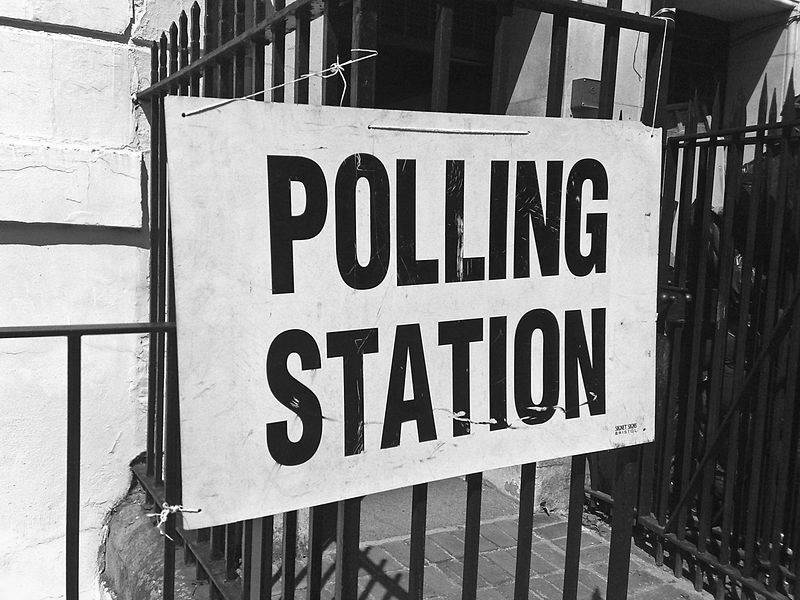 You may have heard, there's an election on. Since we're into the closing stages, comms2point0's resident political nerd Will Mapplebeck does some myth-busting and fact-finding about the big day.
You may have heard, there's an election on. Since we're into the closing stages, comms2point0's resident political nerd Will Mapplebeck does some myth-busting and fact-finding about the big day.
by GUEST EDITOR Will Mapplebeck
What are we likely to wake up with on 8th of May?
It's probably coalition time again, but this time it may take more than two to tango. Labour and Conservatives may get between 270 and 290 seats each so it's likely to take a number of parties to get over the magic mark of around 326 which gives you a majority even though, in practice, you'll probably need fewer seats to function as a Government. Remember, just because if either Conservative or Labour get the largest number of seats, that doesn't necessarily mean that they will go on to form a Government.
Parliament is now fixed term and must last until 2020. What happens if neither party forms a coalition and the largest decides to govern as a minority? Does it have to struggle on for five years losing vote after vote?
The short answer is no. Fixed term parliaments are relatively new legislation (2011) and they can be replaced by ordinary legislation, but doing this could take a while. The rule allows two routes to an early election – one is a vote of two thirds of MPs for a resolution (that would take both Labour and Conservatives to agree) or if a Government loses a vote of no confidence and no-one manages to form a new administration within 14 days. That means a new Government could be formed without an election, but in reality it may take another trip to the polls to give a Government any legitimacy.
Has a sitting Prime Minister ever lost their seat? Are there likely to be any high profile casualties this time round?
Not for a long time. The last example would be in 1935 when Ramsay Macdonald lost his seat soon after ceasing to be the Prime Minister, also Arthur Balfour lost his seat in January 1906 although he had resigned as Prime Minister a month earlier. It would take a political 'asteroid strike' to even dent David Cameron's hefty majority in Witney (22,000 plus) and PMs often have very safe seats. Blair's Sedgefield majority was around 18,000 during his premiership with John Major achieved an eye-watering 32,000 majority in Huntington in 1992. Nick Clegg, however, that's a different matter. His Sheffield Hallam constituency could switch to Labour on election night. That would make him the biggest political casualty for quite some time.
Who has the wackiest election pledges?
Much has been made of the Greens, whose idea for a living wage for everyone and a 'review' of the Grand National have garnered much interest. The Monster Raving Loony Party has yet to publish its manifesto, but one policy pledge on their website is to reduce the national debt by selling many of our Norman castles back to France, the stipulation being that the buyer has to dismantle. There are a range of minority parties standing, including The Pirate Party, which - disappointingly - doesn't plan to introduce compulsory eye patches and parrots, but fights for internet freedom.
Who doesn't get to vote in a General Election?
I seem to remember being told at school that clergy couldn't vote. This is nonsense. As long as you're 18, not in prison - but you can be on remand - and not in the House of Lords you get to place a cross in the box. However, the real shock here is that millions of people who are entitled to vote, aren't registered and lots who are registered don't bother on the day. See turnout.
Turnout, what's the best and what tends to affect it?
This Guardian piece gives an idea of turnouts since the war. There has never been a ‘golden age’ of electoral participation. However, it is true that for most of the last century General Election turnout stayed above 70 per cent. But it's not a story of inevitable decline, there are various spikes, caused by everything from the weather on polling day to how engaged people are by the various campaigns. Remember, last year's vote on Scottish Independence broke all records, securing a staggering 84 per cent voter turnout.
Why do they always happen on a Thursday?
Good question. No-one knows, not even Wikipedia. There are various theories, including the fact that in the days of weekly pay packets people would be too drunk on a Friday to bother. They haven't always taken place on Thursdays, this started in the 1930s and before that polling day could be any day of the week. People argue, and I agree, that turnout would likely to be boosted if we behaved like our European friends and had elections on Sunday.
Many thanks to leading political analyst and writer Lewis Baston for fact checking this.
Will Mapplebeck is strategic communications manager with Core Cities UK
pic via Wikimedia Commons
